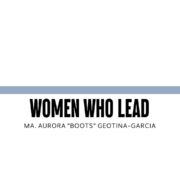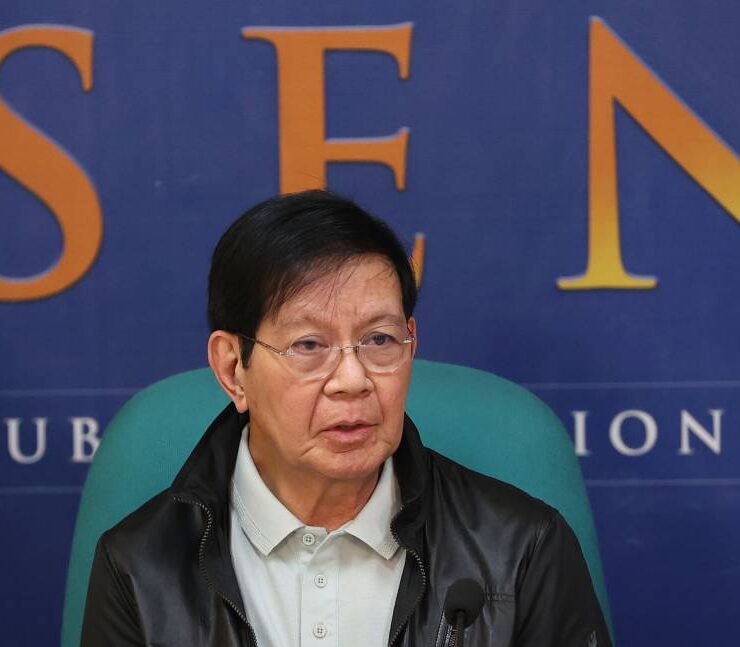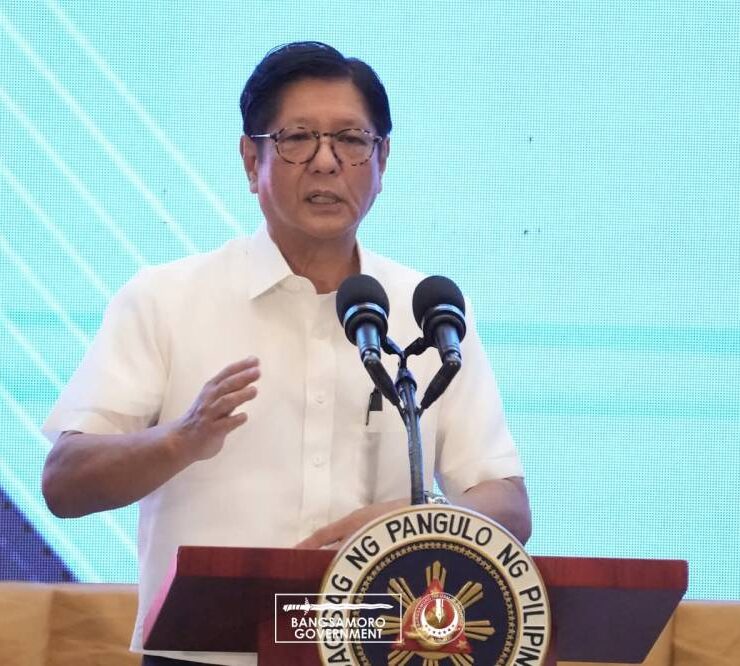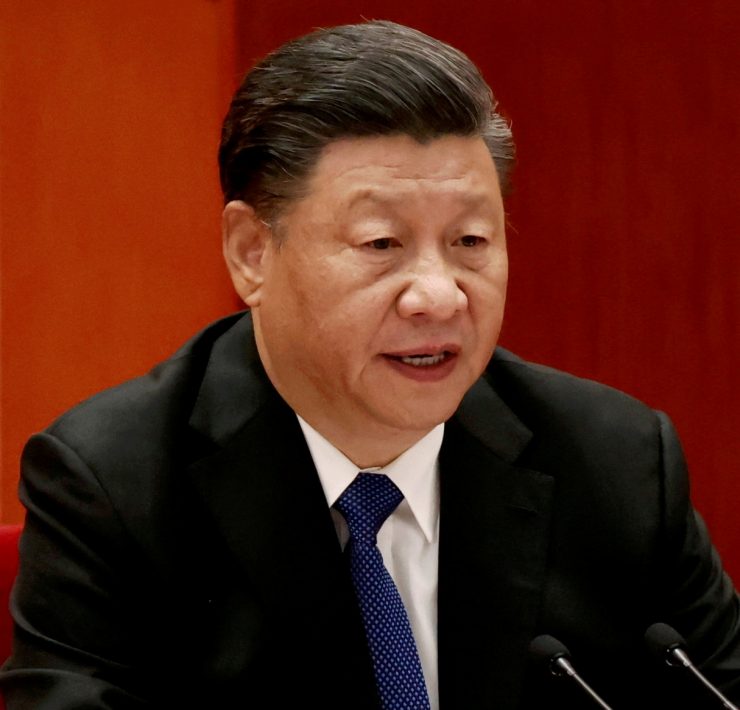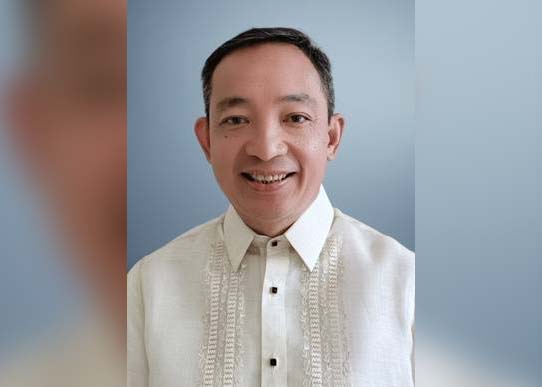Slow justice for slain barangay officials
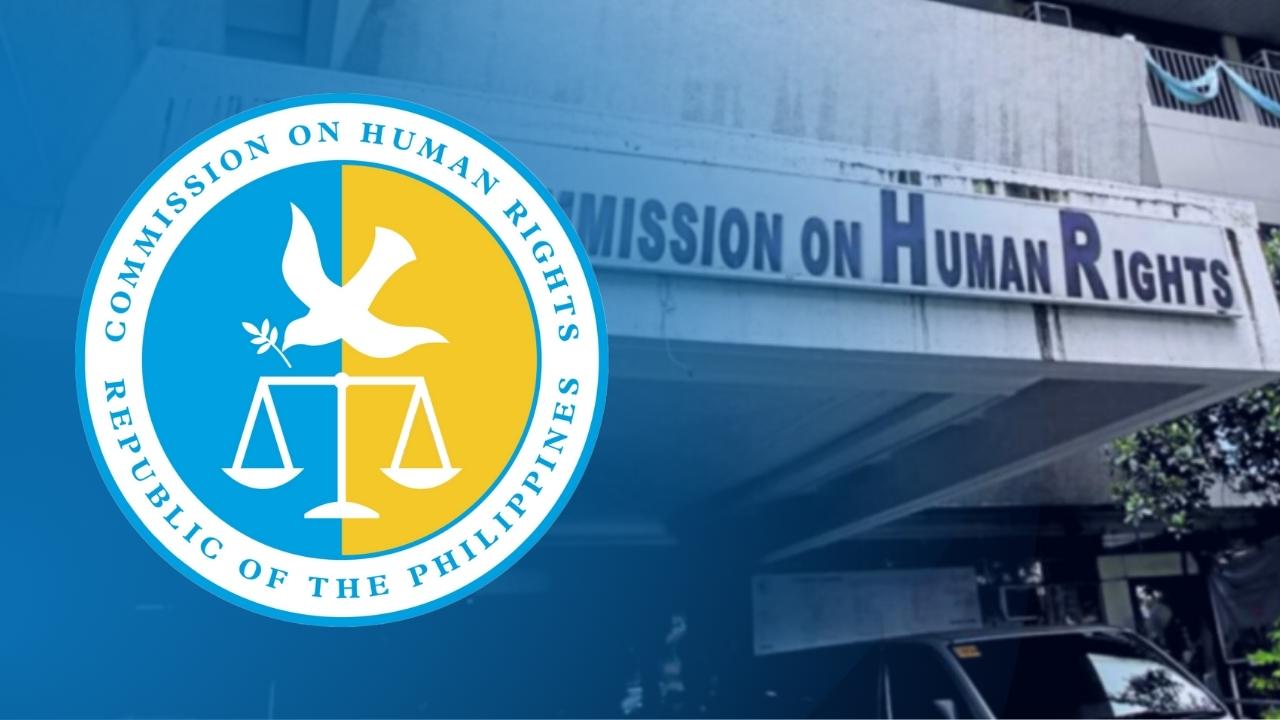
Earlier this month, the Commission on Human Rights (CHR) expressed concern over what it said was the alarming increase in the number of barangay officials killed this year ahead of the midterm elections and urged authorities to conduct swift investigations into the cases.
“We call for a thorough and impartial investigation into each of these cruel attacks, with the perpetrators promptly identified and prosecuted in accordance with the law,” the CHR said.
The killings could affect voter participation in next year’s polls, the commission said. “These incidents impede everyone’s democratic right to participate in a free and peaceful electoral process by instilling threats not only in the community, but also in local leaders seeking to serve their constituents,” the CHR said in a statement.
There is definitely cause for concern, with over a dozen barangay officials and staff killed in the first quarter of this year alone. In March, the CHR noted the killing of one former and three incumbent barangay officials—a barangay kagawad in Mamasapano, Maguindanao del Sur, killed on March 30, a village councilor killed on March 8, and another stabbed to death on March 6, both in Legazpi City, Albay, and a former barangay official in Trento, Agusan del Sur slain also on March 6.
Desensitized to violence
Earlier, the CHR condemned the killing of 11 barangay officials and staff in Zamboanga City, Nueva Ecija, Ilocos Sur, Leyte, and Bulacan, all of them in February.
The rights body called on the Philippine National Police to go after the assailants and ensure their prosecution to deter more killings and ensure justice for the victims and their families.
The police and local government units (LGUs) must also strengthen mechanisms to respond to and prevent violence against barangay officials and safeguard security within communities, the commission said. It is “critical to protecting their rights and allowing them to carry out their responsibilities without fear,” it added.
Moreover, the CHR said, without justice and the prosecution of those behind the series of killings, citizens could be desensitized to violence and discouraged from participating in the elections.
“Just as we promote and support good governance, [the] CHR also highlights the need to protect the Filipinos’ right to freely take part in electoral processes by voting for their candidates, rather than allowing their ballots to be influenced by these incidents, and therefore diminishing the quality of democracy we all commit to preserve,” the commission said.
Unsolved killings
Given that barangay officials are the basic government units closest to people in the community, their unabated and unresolved killings can impact the public’s faith in our law enforcement and democratic institutions. While barangay officials are supposed to be nonpartisan, they often find themselves in precarious situations where traditional politicians and warlords seek to entrench themselves in power through the guns, goons, and gold scourge that has long afflicted Philippine politics.
With the CHR having started the ball rolling, the PNP should take up the momentum and keep it going. It must use its network of assets and investigative skills to ferret out the suspects and resolve the cases expeditiously. Unresolved, these cases would add to the ever-growing number of unsolved killings that blacken the image of our law enforcement and justice systems.
For its part, the Department of the Interior and Local Government (DILG) should step up and prod LGUs to heighten community awareness and strengthen measures to protect barangay officials and their constituents. This is an urgent move, particularly in areas deemed to be election hotspots and where the last barangay elections were hotly contested. The DILG and the PNP must put some mechanisms in place to identify potential targets of harassment and violence.
Existence of private armies
As in many other killings across the country, the problem is exacerbated by the proliferation of illegal firearms and the existence of private armies hired by politicians, some of them brazenly out in the open.
Why the PNP and other law-enforcement agencies, despite their huge intelligence budgets, have been unable to eradicate this menace remains a continuing mystery.
Recall that in many unsolved killings, the masterminds are rarely identified and arrested. Worse, powerful individuals such as former Negros Oriental Rep. Arnolfo Teves, former Bureau of Corrections chief Gerald Bantag, and pastor Apollo Quiboloy are able to evade arrest and delay their prosecution.
While barangay officials might be in the lowest ranks of officialdom, they deserve as much zeal and tenacity as the PNP and the Department of Justice’s resources would allow. As frontliners in maintaining peace and order in the community, they are indispensable to strengthening trust in public institutions.













